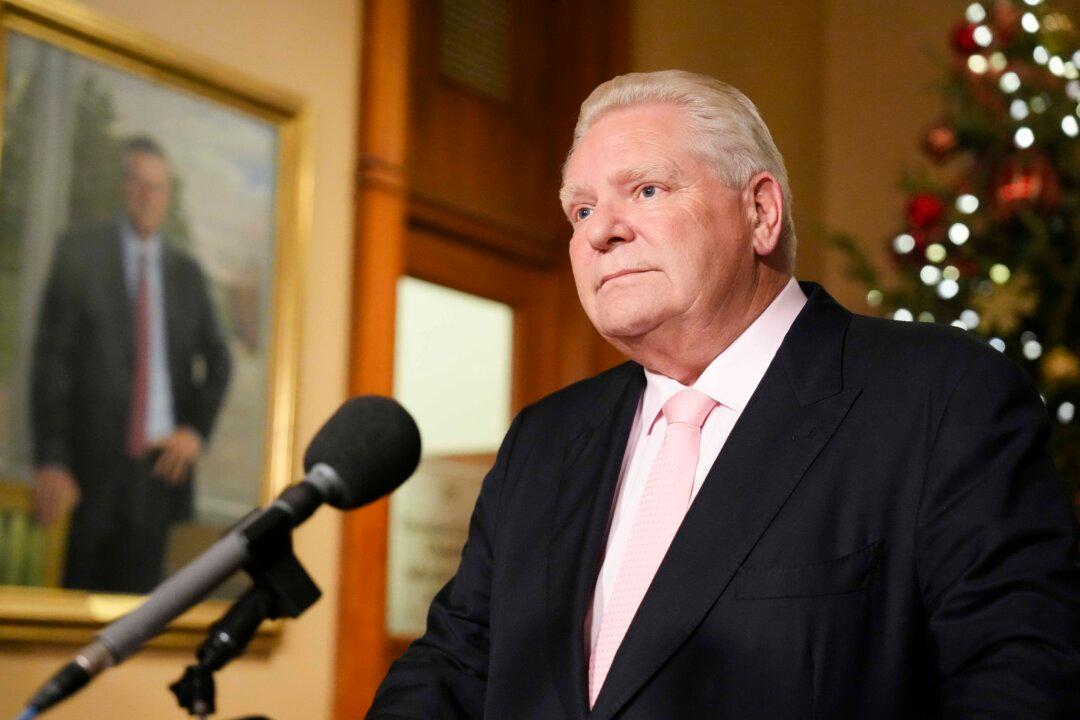Ontario Premier Doug Ford says the focus should be on China as a bad actor rather than having trade disputes between Canada and the United States as allies.
Ford made the comments in an appearance on Fox News as incoming U.S. President Donald Trump continues to maintain his pledge to impose tariffs on Canadian imports and persists in his talk of merging Canada with the United States, saying he may use “economic force” to achieve it.






